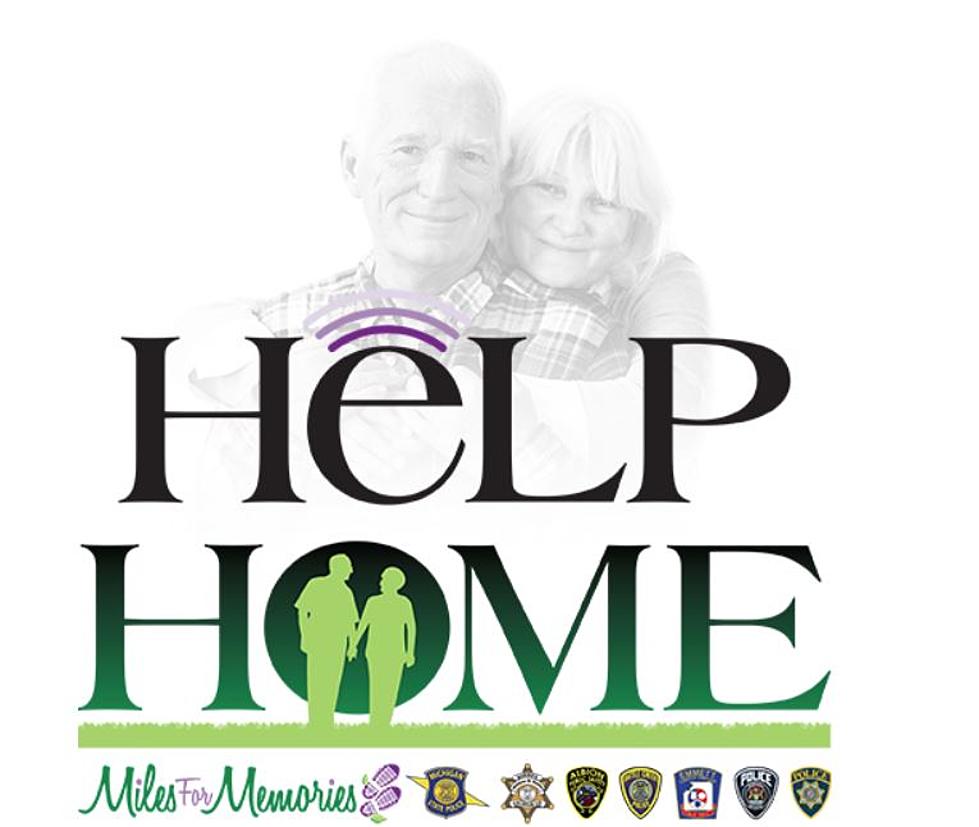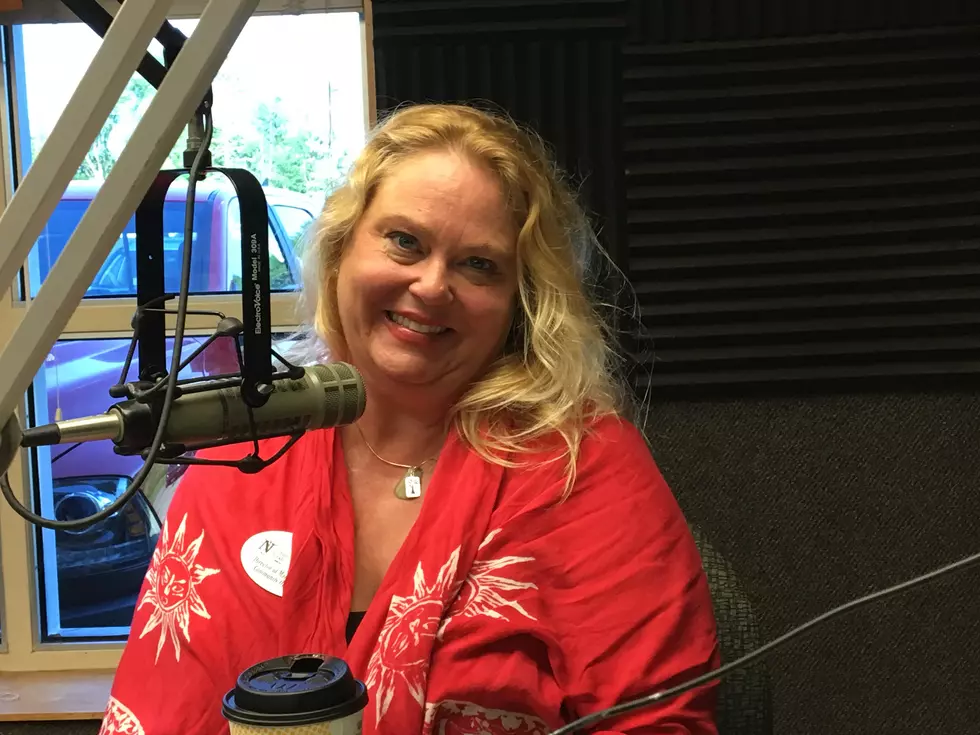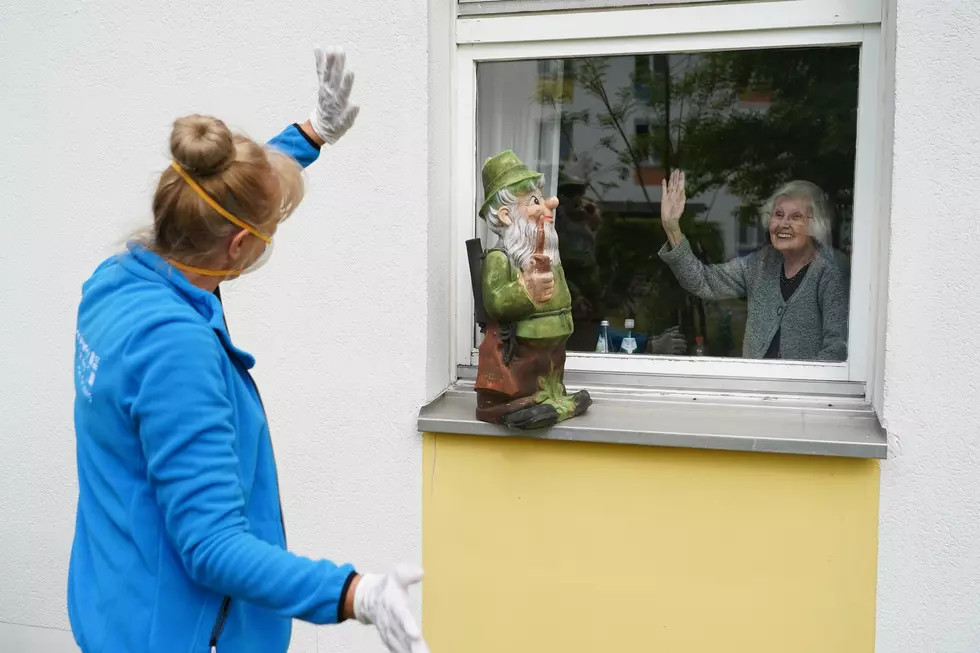
Miles for Memory Moment: Tips to Disaster-Proof Your Home
If you’re a family member or caregiver for someone with dementia, there are some things you can do to disaster-proof the home of your loved one.
“We’ve learned that as dementia progresses, not only will your loved one’s memory change – so will his/her abilities to cope,” said Miles for Memory volunteer Connie Skidmore. “Making the home safe for someone who now has difficulty recognizing everyday household items or has trouble knowing how to deal with them is a challenge.” Skidmore was a guest on the “Miles for Memory Moment” with Tim Collins on the WBCK Morning Show.

One of the simplest things to do: Declutter!
Removing items that are not used daily can make it easier and safer for your loved one to get around and may also reduce the risk of agitation as well as assist them in making choices more quickly.
But be careful – a diagnosis of dementia does not mean that everything should be stripped away for safety's sake.
There will certainly be things you feel are unnecessary that might be a “must-have” for your loved one. Does he/she often touch certain items on the way in or out of the house? Does he/she always glance at the clock in the bedroom? Pick at a blanket while watching television? Always sit in the same chair? Pick up and look at the same framed photos? Don’t just get rid of the things you think are clutter. Connie says look for the body language. Remove a few items at a time and be prepared to bring them back if their disappearance causes stress.
Use light against dark.
If the walls are a light color, paint handrails and doors a darker shade to make it easier to see. Use low glare light bulbs for less glare. Put a reflective tape in the hallways around the bathroom door and on each stair step. Add night lights in hallways and the bathroom and bedroom.
Here are some other suggestions to minimize accidents:
- Put away valuable items that can be broken easily or used as weapons.
- Chairs with arms make it easier for your loved one to get up and sit down.
- Loose rugs increase the risk of tripping and falling.
- Avoid refrigerator magnets that look like food.
- Unplug the microwave when it’s not in use.
- Consider safety gates at the top or foot of the stairs.
- If your loved one is prone to wandering, install alarms for outside doors.
- Tape down power cords and put covers on electrical outlets.
- Put items your loved one uses every day on a lower shelf within easy reach.
It's a good idea to begin the decluttering before it’s really necessary.
It will be easier for everyone if you can ease into it while your loved one is still able to understand the need for the project.
If your loved one does not already have a Miles for Memory ID bracelet, it might be a good idea to get one and be sure the information on the bracelet is kept up to date. Visit Miles for Memories web page, or Facebook page.
LOOK: Famous Historic Homes in Every State
More From WBCKFM









